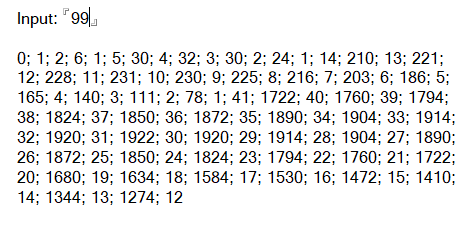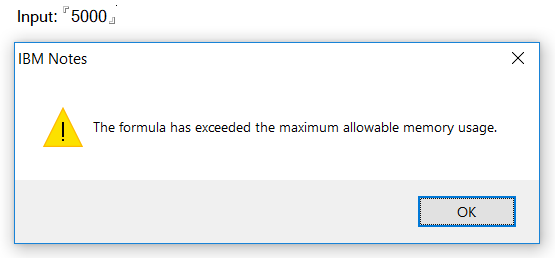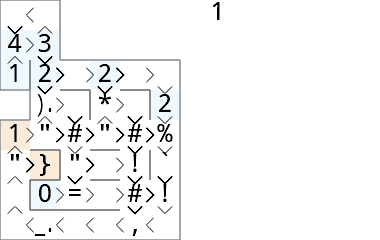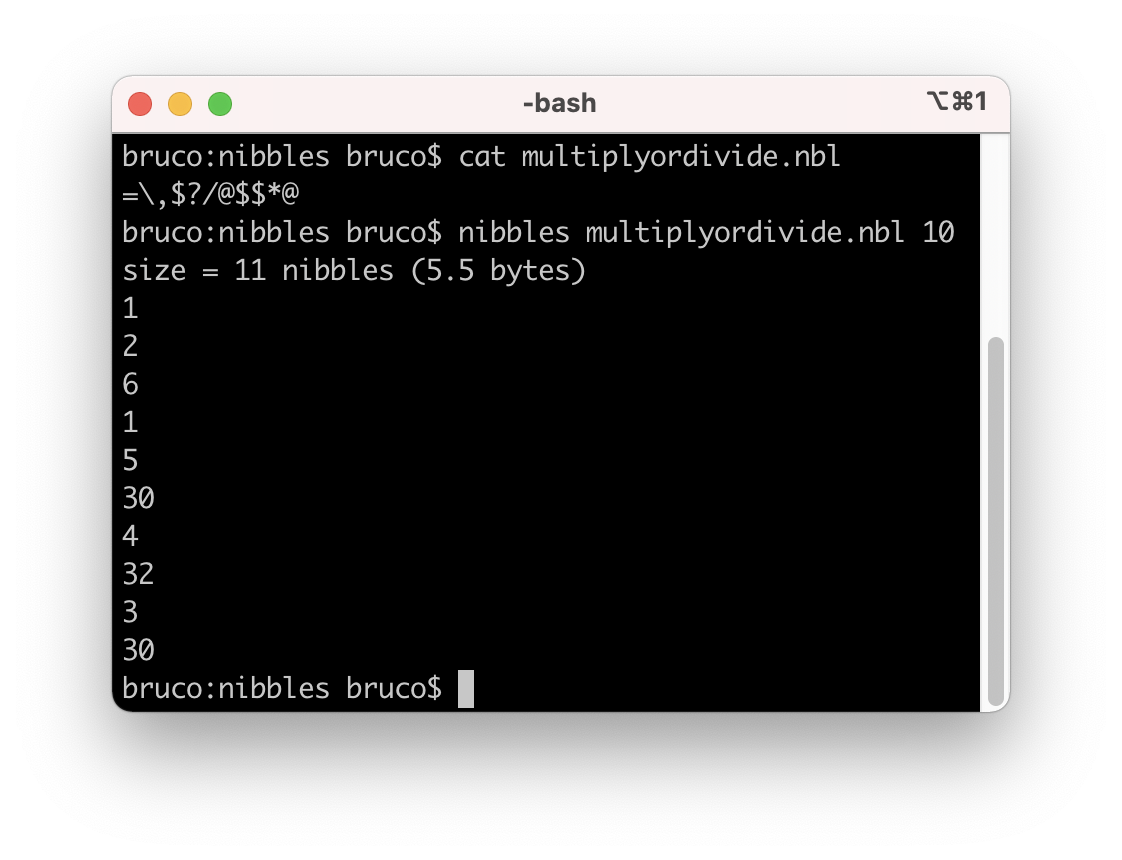Here's a simple challenge, so hopefully lots of languages will be able to participate.
Given a positive integer \$n\$, output \$A076039(n)\$ from the OEIS.
That is, start with \$a(1)=1\$. Then for \$n>1\$:
$$a(n)=\left\{ \begin{array}{ll} n\cdot a(n-1), & \text{if } n>a(n-1) \\ \lfloor a(n-1)/n \rfloor, & \text{otherwise.}\end{array} \\ \right. $$
Test cases:
1 -> 1
2 -> 2 (2 > 1, so multiply)
3 -> 6 (3 > 2, so multiply)
4 -> 1 (4 < 6, so divide and take the integer part)
5 -> 5
6 -> 30
17 -> 221
99 -> 12
314 -> 26
More test cases can be found on the OEIS page.
Per usual sequence rules, you can input and output in a generally accepted manner: 1- or 0-based indexing, output an infinite sequence, output the first \$n\$ values, output only the \$n^\text{th}\$ value, and so forth, but specify that in your answer.
This is code-golf, so shortest code in bytes in each language wins!






